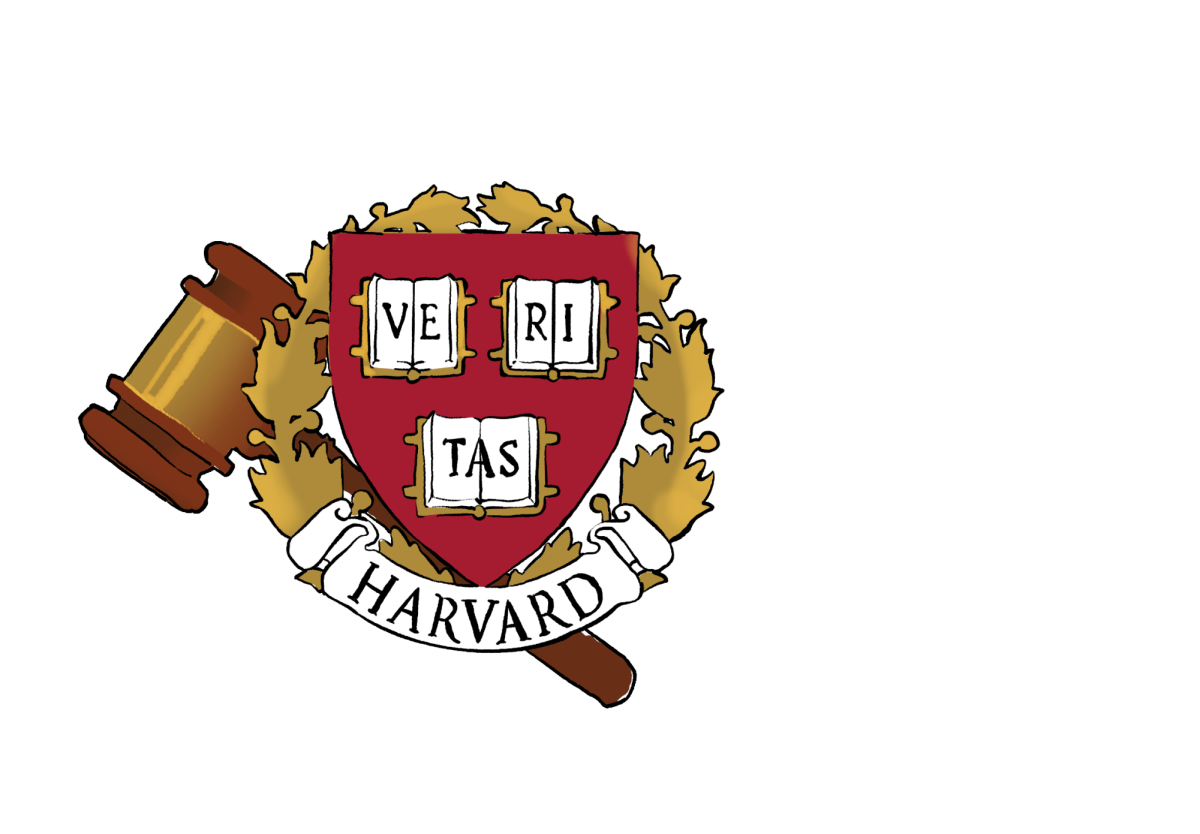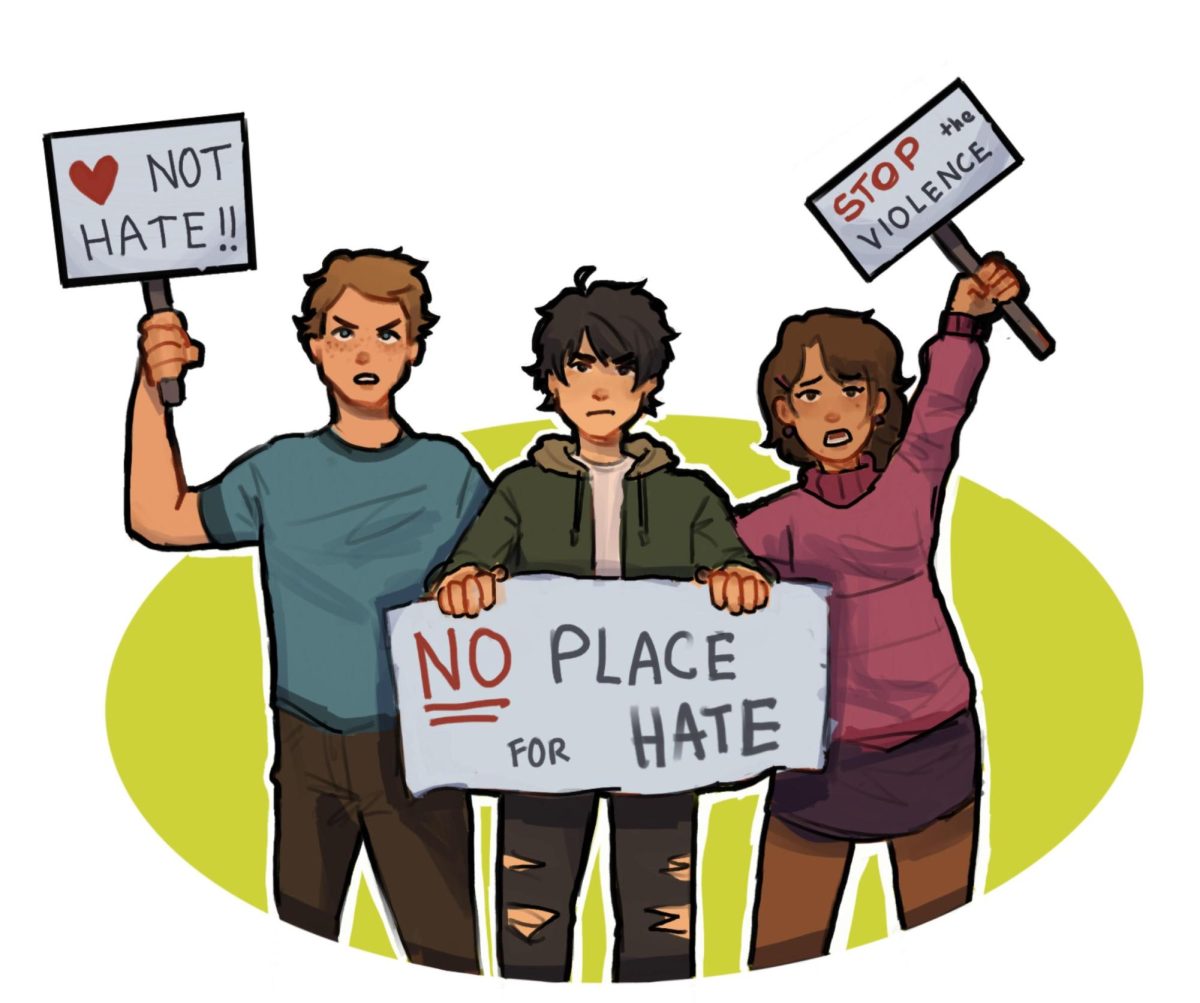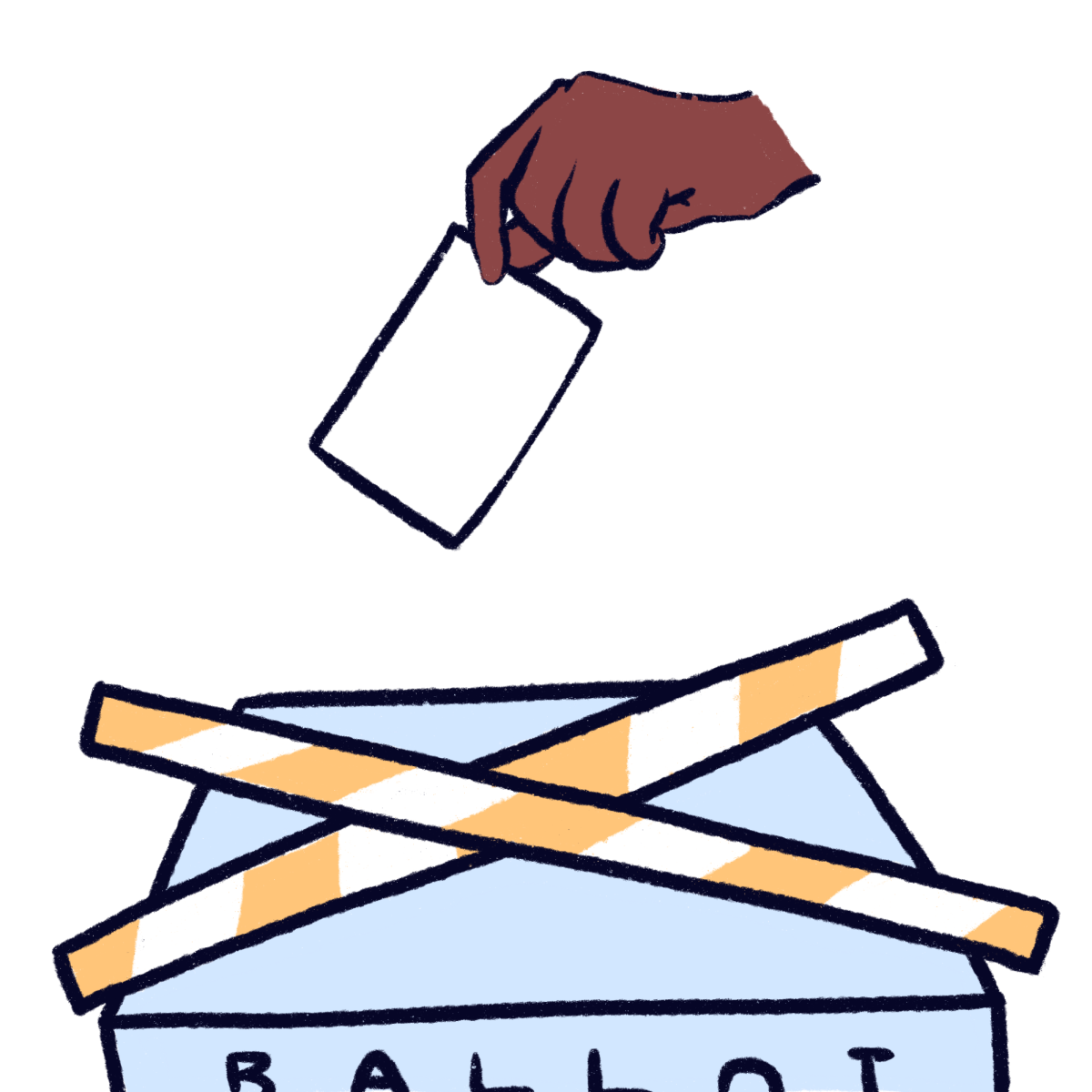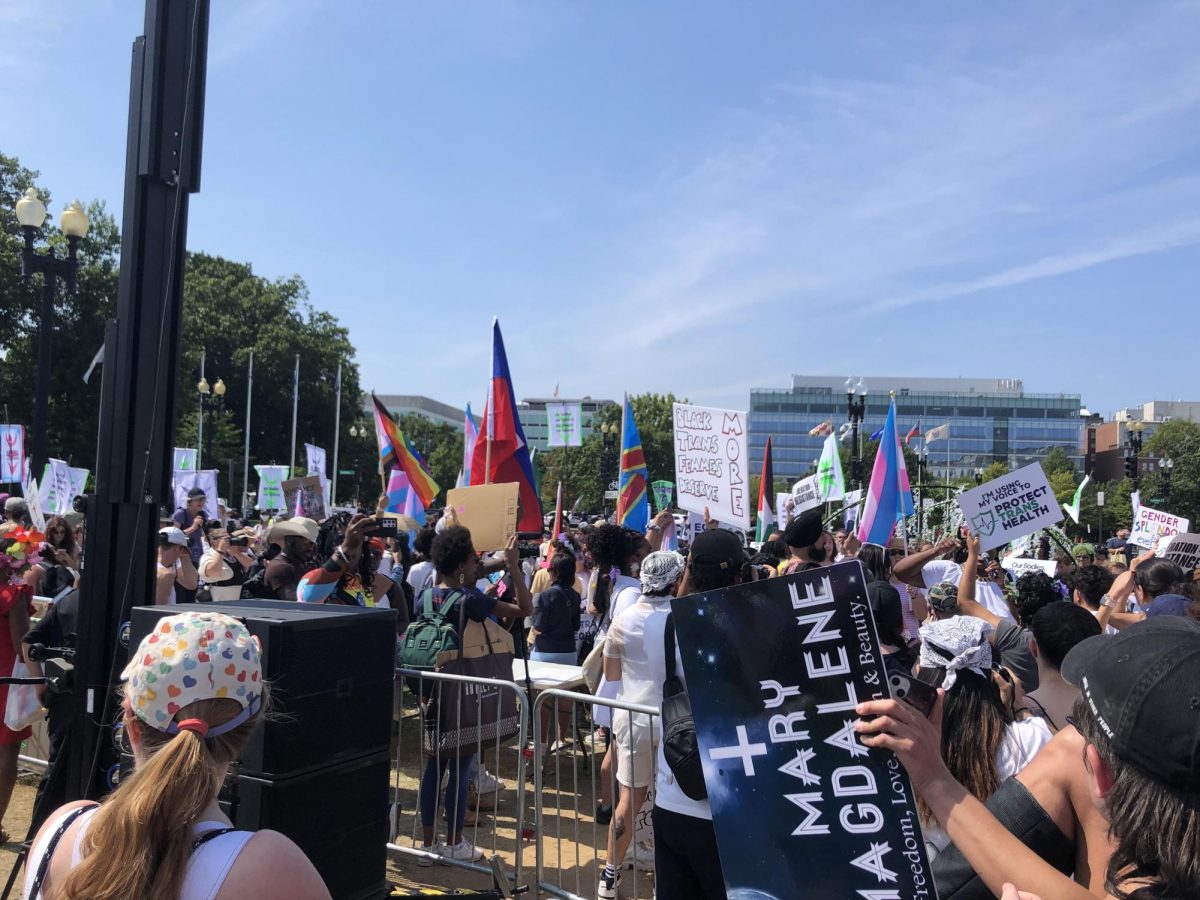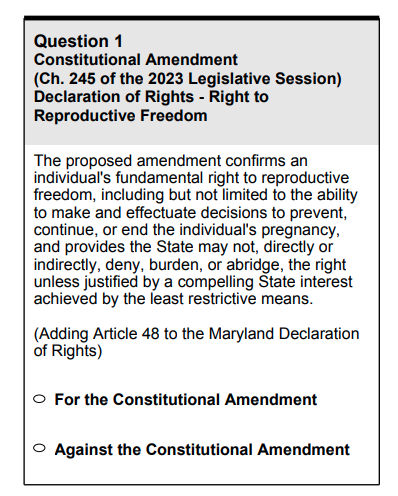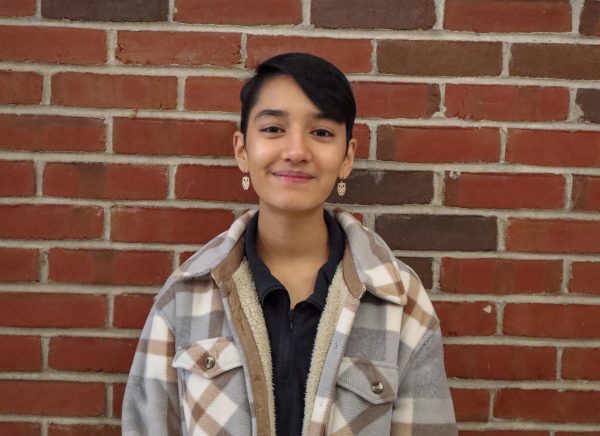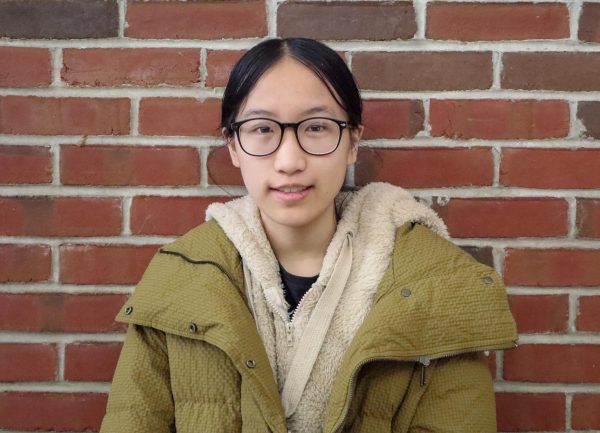President Trump barred most international students from studying at Harvard University on June 4, 2025. International students make up a quarter of the the students enrolled at Harvard, and over 7,000 student visas are at risk as per a report released by BBC.
Harvard University was founded in 1636, making it the oldest higher learning institution in the country. Today, the university is renowned for research in medicine, technology, education, and research.
Education is evolving, and the way future generations interact with technology and the resources we have access to will shape our communities. Determining who is ‘better educated’ has become subjective and the multifaceted nature of human success is more prominent than before. Established institutions such as Harvard represent a standard of communicating knowledge and engaging in interdisciplinary thought.
Education is the foundation of economic stability. In a country that prides itself on providing equal opportunity for those willing to work hard, the dilemma posed by international students set a new precedent across the country.
Citing national security concerns and accusing Harvard of “developing entanglements” with foreign universities, Trump released a proclamation that restricts student enrollment. Last week, the State Department began expanding a social media vetting process for travelers, tourists, and even some faculty visiting the university.
Harvard University accused the Trump Administration of violating their first amendment rights. Their student body rallied in protest, vocalizing solidarity during this year’s graduation ceremony, as reported by Harvard’s student newspaper The Harvard Crimson.
Federal judge Allison Burroughs issued a restraining order on Trump’s proclamation, responding to the university’s claim that the school would face irreparable damage if there is not enough time for all involved parties to weigh in. A hearing has been set for mid-June for Burroughs to hear arguments over whether the president’s proclamation should be permanently suspended.
“International students are not only crucial to diversity, which is one of the most important factors in maintaining a good class, but are also the cornerstone of U.S. supremacy in academia,” senior Grace Cao said. “Even if these proposed restrictions don’t go through, international students may be more cautious when choosing a U.S. school now due to uncertainty, and may even choose different countries to go to, harming the quality of U.S. education.”
However, this political backlash is not new. For months, the White House has feuded with Harvard over the university’s refusal to cut diversity, equity, and inclusion programs. The Trump Administration also criticized Harvard’s approach toward handling antisemitism on campus in response to pro-Palestinian protests. As a result, the government has threatened to withdraw billions of dollars’ funding and suspend federal support. Other Ivy-League universities targeted by the government under similar charges include Columbia, Brown, and Princeton.
“Restrictions on higher-level education institutions is one of the hallmarks of consolidation of power in authoritarian states—it concerns me greatly,” Cao said.
Many students living in the United States reflect similar sentiments, expressing their concern for the future of educational opportunities abroad.
“In the future, I may want to study abroad, live abroad, etc, so I don’t think anyone should think of international students as ‘taking American opportunities’,” senior Ansuya Bisbey said. “I think education will become close minded if we continue to follow suit this way.”
Although the uncertainty and controversy is building tension, students on the Harvard campus are remaining in solidarity.


